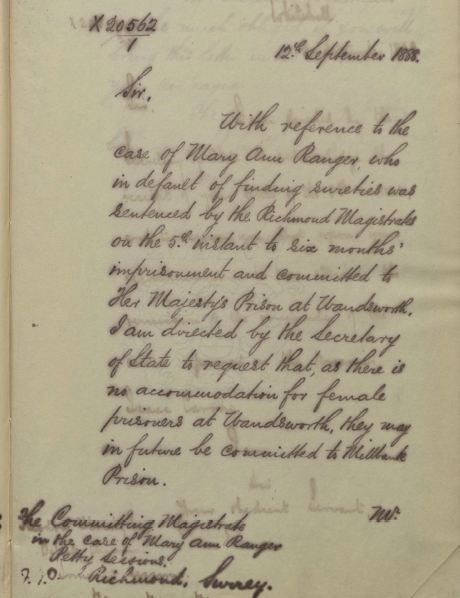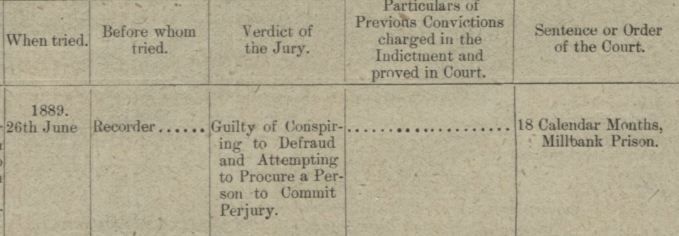Hi Debs
Hmmm...not kidding! Anything on a Bridget McCarthy (possibly aka Carty) nee Power born circa 1861? (You can guess why I ask perhaps!)
All the best
Dave
One thing is clear, there were an awful lot of women using the aliases Kelly, McCarthy or Davis in Whitechapel and Spitalfields amongst the Irish Catholic prisoners. A lot of these women had family and acquaintances in the Brick Lane, Flower and Dean street areas.
All the best
Dave






Comment